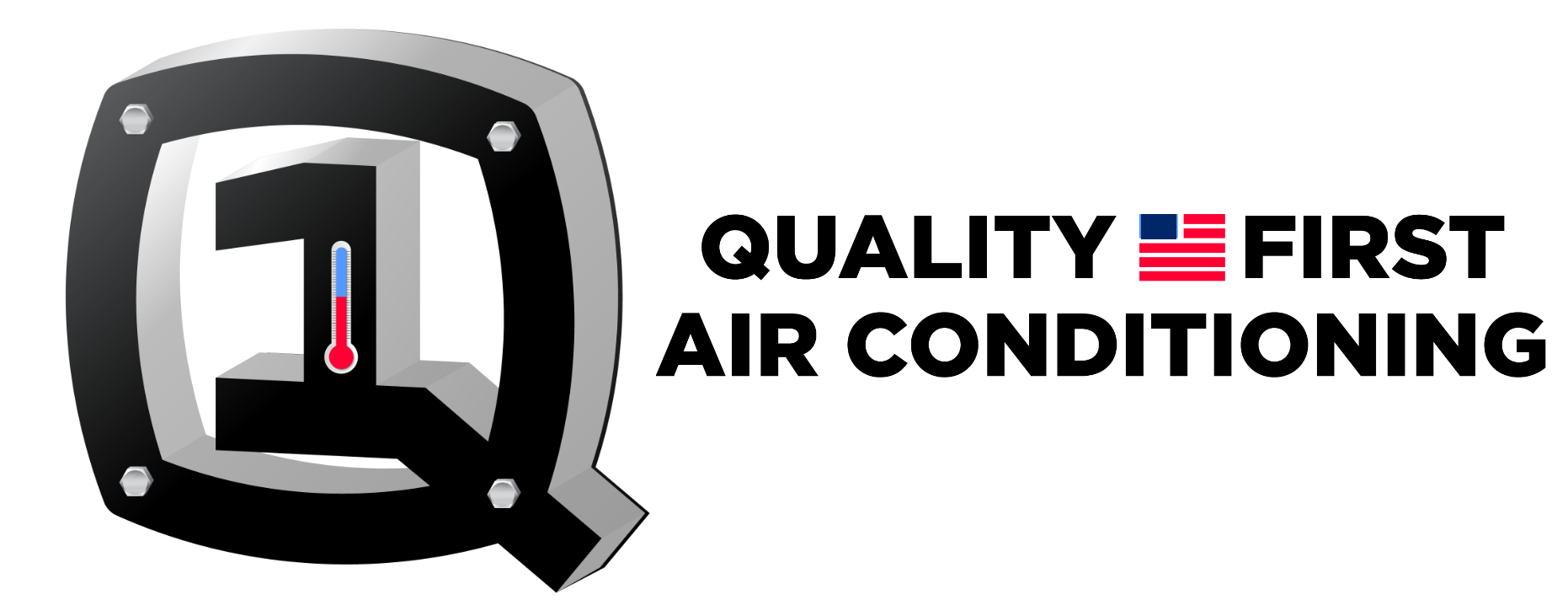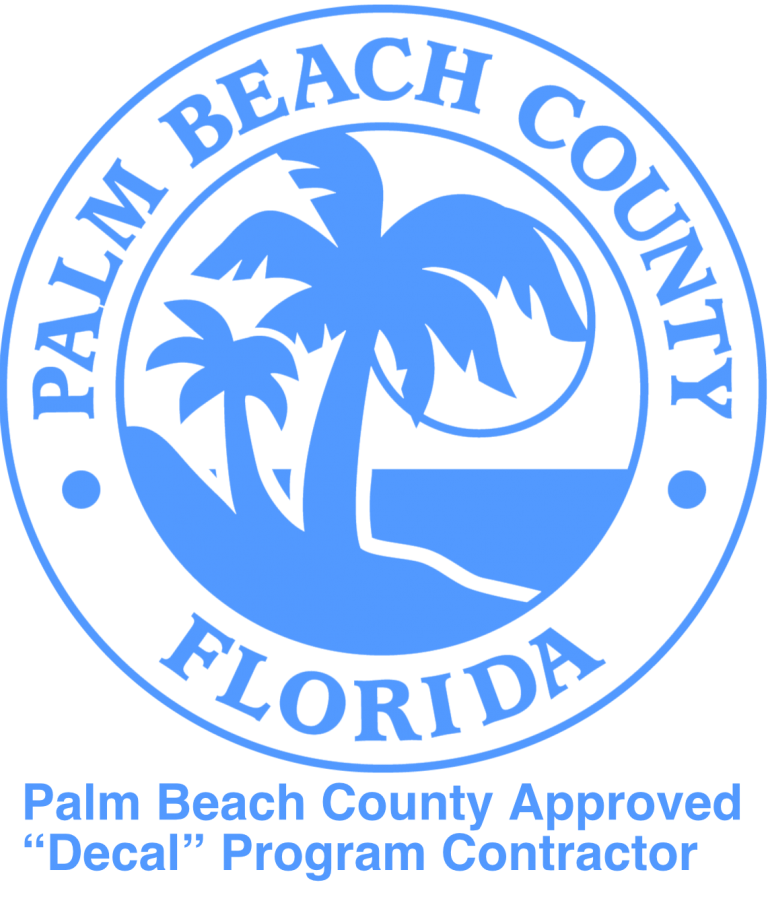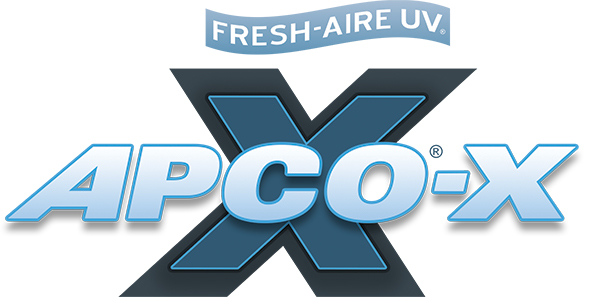-
-
How can I recognize signs that my air conditioning needs repair?
-
What are the benefits of preventive maintenance for my AC system?
-
When should I consider replacing my air conditioning system instead of repairing it?
-
How do I choose the right air conditioning repair service for my needs?
-
What are some common problems that can be resolved through air conditioning repair?
-
Did you know that approximately 27% of air conditioning units fail each year due to improper maintenance? When your AC breaks down, swift and reliable air conditioning repair is crucial to beat the heat. Finding a skilled technician who can diagnose and fix the issue promptly is essential for restoring comfort in your home or office.
Don’t let a malfunctioning AC leave you sweating this summer, get a quote from a repair shop on their site. Stay cool and comfortable all season long with expert insights on keeping your AC running smoothly.
Key Takeaways
-
Regularly check for signs like strange noises, weak airflow, or odd smells to catch AC issues early.
-
Learn to diagnose common AC problems such as refrigerant leaks, sensor issues, or electrical failures to address them promptly.
-
Understand common solutions like cleaning filters, checking thermostat settings, or clearing debris around the unit to improve AC performance.
-
In emergencies, contact reliable repair services promptly to prevent further damage and ensure your comfort.
-
Select repair services based on experience, certifications, customer reviews, and pricing to get quality and trustworthy assistance.
-
Maintain your AC system through regular cleaning, filter replacements, and professional tune-ups to extend its lifespan and efficiency.
Recognizing Repair Signs
Unusual Noises
Listen for any sudden banging or clanking sounds from your AC unit. These noises could indicate loose or broken components within the system. Pay attention to any screeching or grinding noises during operation, which may signal issues with the fan or motor. Check for any buzzing or humming sounds that are out of the ordinary, as they could point to electrical problems.
Inefficient Cooling
Monitor if your AC struggles to maintain a consistent cool temperature throughout your home, which might suggest problems with the compressor or refrigerant levels. Observe if certain rooms in your home are significantly warmer than others despite the AC running, indicating potential airflow issues or duct problems. Note if your energy bills are increasing despite regular AC usage, as this could be a sign of inefficient cooling that requires attention.
Increased Bills
Keep track of any unexplained spikes in your monthly electricity bills, which could be a result of an inefficient AC system working harder to cool your home. Look out for significant increases in cooling costs compared to previous months, indicating a decline in your AC’s performance. Consider how inefficient cooling may be contributing to higher energy expenses and address these issues promptly to avoid further financial strain.
Frequent Cycles
Observe if your AC unit turns on and off more frequently than usual, as this frequent cycling can strain the system and lead to premature wear and tear on components. Note if the cooling cycles are shorter than they used to be, which may indicate issues with the thermostat or airflow restrictions. Consider how frequent cycling can impact your AC’s efficiency and lifespan, prompting the need for professional inspection and repair services.
Diagnosing AC Issues
Thermostat Checks
When diagnosing AC issues, start by ensuring your thermostat is set to the correct cooling temperature. Verify the functionality of your thermostat’s batteries to prevent disruptions. Upgrading to a programmable thermostat can enhance energy management efficiency.
Airflow Examination
Check for weak airflow from your vents, which could indicate a problem with your AC system. If the air coming out of the vents feels warmer than usual, it might be a sign of restricted airflow. Poor airflow not only affects comfort but also reduces the overall efficiency of your air conditioning unit.
Refrigerant Levels
Regularly have a professional examine your AC system’s refrigerant levels to maintain optimal performance. Proper refrigerant levels are crucial for efficient cooling and preventing system breakdowns. Low refrigerant levels can lead to inadequate cooling and potential damage to your AC unit.
Electrical Components
Inspect the electrical connections and wiring of your AC unit for any signs of wear or damage. Capacitors and contactors play vital roles in regulating your AC’s functions; faulty components can disrupt the entire system. Understanding these electrical elements helps prevent malfunctions and costly repairs.
Common Problems Solutions
Filter Replacement
Regularly replacing AC filters is crucial for maintaining optimal airflow and efficiency. Follow the manufacturer’s recommendations for the replacement schedule, typically every 1-3 months depending on usage. Dirty filters not only reduce airflow but also compromise indoor air quality and AC performance.
Consider these benefits of timely filter replacements:
-
Improved air quality
-
Enhanced cooling efficiency
Coil Cleaning
Scheduling routine cleaning for your AC’s evaporator and condenser coils is essential. Clean coils facilitate efficient heat transfer, ensuring your system operates at its best. Professional coil cleaning services provide thorough maintenance, extending your unit’s lifespan and preventing breakdowns.
Benefits of clean coils include:
-
Energy savings
-
Preventing system malfunctions
Drainage Issues
Addressing drainage issues promptly is vital to prevent water damage and mold growth. Clogged drain lines can lead to leaks or even system shutdowns. Regularly inspect and clear the drain line to maintain proper functioning of your AC unit.
Signs of drainage issues:
-
Water leaks around the unit
-
Unusual odors from the vents
Refrigerant Recharge
Low refrigerant levels can cause inadequate cooling and increased energy consumption. If you notice reduced cooling performance, it may be time for a refrigerant recharge. Contact a professional technician to assess the refrigerant levels and ensure your AC system operates efficiently.
Indicators of low refrigerant:
-
Warm air blowing from vents
-
Ice buildup on the evaporator coil
Emergency Repair Services
24-Hour Availability
Air conditioning repairs can be urgent, especially during extreme weather conditions. Many repair shops offer 24-hour availability to cater to emergencies promptly. This ensures that technicians are on call round the clock to address any sudden breakdowns.
In situations where your AC system fails unexpectedly, having a repair shop with 24-hour availability can provide peace of mind. You can rest assured that help is just a phone call away, even during late hours or weekends. This quick response time can prevent further damage to your unit.
Immediate Response
When your air conditioner malfunctions, an immediate response from technicians is crucial. A reliable repair service ensures that they respond promptly to your call for assistance. Upon contacting them, they dispatch a technician to your location without delay.
An immediate response is vital to prevent discomfort caused by a malfunctioning AC system. Technicians arriving promptly at your doorstep means that the diagnosis and repairs can begin swiftly. This timely intervention helps restore comfort to your living or working space efficiently.
Professional Diagnosis
Proficient technicians conduct a thorough and professional diagnosis of your air conditioning unit. They have the expertise to identify the root cause of the problem accurately. Through comprehensive testing and evaluation, they pinpoint the issue affecting your system’s performance.
A professional diagnosis is essential for effective repairs. By identifying the specific issue plaguing your AC unit, technicians can provide targeted solutions. This approach ensures that the repairs address the underlying problem, leading to long-lasting results and optimal performance.
Choosing a Repair Service
Experience Matters
When selecting an air conditioning repair service, experience is crucial. Look for companies with years of expertise in the field. Experienced technicians can quickly diagnose and fix issues, saving you time and money. They are adept at handling various types of AC systems, from older models to the latest technology.
Experienced professionals have likely encountered a wide range of problems over the years. This exposure enables them to provide efficient solutions to complex issues. Their familiarity with different brands and models ensures that they can address your specific AC unit’s needs effectively.
Consider opting for a repair service that offers a warranty on their work. This demonstrates their confidence in their skills and provides you with peace of mind. A warranty also means that if an issue recurs after repair, you won’t have to incur additional costs for fixing it.
Service Quality
When assessing repair services, prioritize service quality. Look for companies that prioritize customer satisfaction and offer prompt responses to inquiries or service requests. Reliable services ensure that your AC problems are addressed swiftly, especially during hot summer months when cooling is essential.
Quality repair services focus on providing comprehensive solutions rather than temporary fixes. They aim to enhance the longevity of your air conditioning system by addressing underlying issues effectively. This proactive approach can prevent future breakdowns and save you from frequent repair expenses.
Ensure the company you choose maintains high standards of professionalism throughout the repair process. From initial contact to completion of the job, clear communication, punctuality, and respect for your property are indicators of excellent service quality.
Customer Reviews
Before finalizing your decision, take time to review customer feedback about the repair service you’re considering. Online platforms like Google reviews or Yelp can provide valuable insights into other customers’ experiences with the company. Pay attention to recurring themes in reviews, such as technicians’ expertise, response times, and overall satisfaction levels.
Positive reviews highlighting technicians’ knowledgeability and problem-solving skills signify a reliable service provider. Conversely, consistent negative feedback regarding delays or incomplete repairs should raise red flags. Prioritize companies with a track record of delivering satisfactory results consistently.
Engaging with customer reviews allows you to gauge the repair service’s reputation accurately before committing to their services.
Preventive Maintenance Tips
Regular Inspections
Perform regular inspections on your air conditioning system to catch any issues early. Check for leaks, unusual noises, and airflow problems.
Make sure to examine the thermostat settings and replace the air filters every 1-3 months for optimal performance.
Cleaning Essentials
Regular cleaning is crucial for maintaining your air conditioner’s efficiency. Clean or replace filters, coils, and fins to prevent dust buildup.
Use a vacuum with a soft brush attachment to clean the evaporator coil and remove any debris from the outdoor unit.
-
Pros: Improved efficiency and longevity
-
Cons: Time-consuming if not done regularly
Seasonal Preparation
Before each season, prepare your air conditioner accordingly. In spring, check refrigerant levels, inspect ductwork for leaks, and ensure proper drainage.
In fall, clean debris around the outdoor unit, cover the condenser during winter months, and schedule a professional tune-up.
Remember to trim any nearby foliage to ensure proper airflow around the unit.
When to Replace Your AC
Lifespan Considerations
Air conditioners typically last 10-15 years, with proper maintenance prolonging their lifespan. Over time, wear and tear can lead to decreased efficiency and frequent breakdowns. Regular servicing can help extend the lifespan of your AC.
Factors affecting an AC’s lifespan include usage frequency, environmental conditions, and maintenance. In regions with extreme temperatures, air conditioners tend to have a shorter lifespan due to constant usage. Regularly changing air filters and scheduling professional maintenance can significantly impact the longevity of your AC unit.
Efficiency Upgrades
Upgrading to a more energy-efficient AC model can result in significant cost savings on utility bills over time. Newer models come with advanced features like programmable thermostats, variable-speed motors, and improved insulation, enhancing overall efficiency.
Consider investing in an Energy Star certified unit for optimal energy savings. These units meet strict energy efficiency guidelines set by the Environmental Protection Agency (EPA). Regular maintenance such as cleaning coils, checking refrigerant levels, and sealing duct leaks can improve the efficiency of your existing AC system.
Cost-Benefit Analysis
When deciding whether to repair or replace your AC, consider the age of the unit, repair costs, and energy efficiency. If your AC is nearing the end of its lifespan and requires frequent repairs, it may be more cost-effective to invest in a new unit.
Pros:
-
Improved energy efficiency
-
Enhanced cooling performance
Cons:
-
Higher upfront cost
-
Disruption during installation
Factors such as rising energy costs and potential rebates for upgrading to energy-efficient models should also be factored into your decision-making process. Conducting a cost-benefit analysis can help you determine the most economical choice for your home comfort needs.
Energy Saving Tips
Thermostat Settings
Adjusting your thermostat settings can significantly impact your energy consumption. Set the thermostat to 78°F for optimal cooling. Use a programmable thermostat to automatically adjust temperatures when you’re away.

Making small changes like raising the temperature by a few degrees when you’re not home can save energy without compromising comfort. Consider investing in a smart thermostat that learns your habits and adjusts settings accordingly.
Seal Leaks
Sealing leaks in your home’s windows, doors, and ductwork prevents cool air from escaping, reducing the workload on your AC unit. Inspect for any gaps or cracks and use weather stripping or caulk to seal them.
By sealing these leaks, you not only improve energy efficiency but also enhance the overall comfort of your living space. This simple step can lead to significant savings on your energy bills over time.
Upgrade Insulation
Upgrading insulation in your home helps maintain a consistent indoor temperature, reducing the strain on your air conditioner. Consider adding insulation in the attic, walls, and floors to prevent heat transfer.
Proper insulation keeps cool air inside during hot months and prevents warm air from entering during colder seasons. This upgrade not only saves energy but also prolongs the lifespan of your HVAC system.
Understanding Repair Costs
Estimation Factors
Repair costs for air conditioning units can vary based on several estimation factors. These factors include the extent of the damage, the type of repair needed, and the age of the unit. the brand and model of your air conditioner can also impact the overall repair costs. It’s crucial to get a detailed assessment from a professional technician to understand the specific issues and associated costs accurately.
-
Extent of damage
-
Type of repair needed
-
Age of the unit
-
Brand and model
When considering repair costs, it’s essential to factor in the potential benefits of repairing your air conditioner versus replacing it entirely. While repairs may seem costly upfront, they can often be more cost-effective in the long run compared to purchasing a new unit.
Saving on Repairs
To save on air conditioning repairs, regular maintenance is key. By scheduling annual tune-ups, you can prevent major issues from arising and catch any potential problems early on. Another way to save on repairs is by cleaning or replacing filters regularly, as clogged filters can strain your system and lead to breakdowns.
-
Schedule annual tune-ups
-
Clean or replace filters regularly
Moreover, consider investing in a service agreement with a reputable HVAC company. These agreements typically include routine maintenance visits and discounts on repairs, helping you save money in the long term while ensuring your unit operates efficiently.
Warranty Importance
The importance of warranties cannot be overstated when it comes to air conditioning repairs. Units that are still under warranty can significantly reduce repair costs as certain parts or services may be covered. Before scheduling any repairs, check if your unit is still under warranty and what specific components are included in the coverage.
-
Check warranty coverage
-
Utilize warranty benefits
Summary
You’ve learned how to recognize signs, diagnose issues, find solutions, and even choose a repair service for your AC. Emergency services, maintenance tips, and cost breakdowns have equipped you with the knowledge needed to make informed decisions. Remember to consider energy-saving tips, know when it’s time for a replacement, and be aware of repair costs.
Now that you’re armed with this information, take action to ensure your AC runs smoothly. Schedule preventive maintenance, monitor energy usage, and address repairs promptly. By staying proactive and informed, you’ll keep your air conditioning system in top shape while saving money in the long run.
Frequently Asked Questions
How can I recognize signs that my air conditioning needs repair?
Look out for signs like weak airflow, strange noises, foul odors, or frequent cycling. If you notice any of these issues, it’s best to contact a professional for a thorough inspection and timely repair.
What are the benefits of preventive maintenance for my AC system?
Preventive maintenance helps in improving energy efficiency, extending the lifespan of your AC unit, preventing costly breakdowns, and ensuring optimal performance during hot weather. Regular maintenance also maintains good indoor air quality.
When should I consider replacing my air conditioning system instead of repairing it?
Consider replacing your AC if it’s more than 10-15 years old, requires frequent repairs, experiences a significant drop in efficiency, or struggles to cool your home adequately. Consult with a professional to assess whether repair or replacement is more cost-effective.
How do I choose the right air conditioning repair service for my needs?
Ensure the repair service is licensed and insured, offers emergency services, has positive customer reviews, provides transparent pricing estimates, and employs experienced technicians. Ask about warranties on repairs and ensure they use quality parts for replacements.
What are some common problems that can be resolved through air conditioning repair?
Common AC problems include refrigerant leaks, faulty capacitors, clogged filters, thermostat issues, and compressor malfunctions. These issues can often be effectively diagnosed and repaired by skilled HVAC technicians to restore your system’s functionality.


























